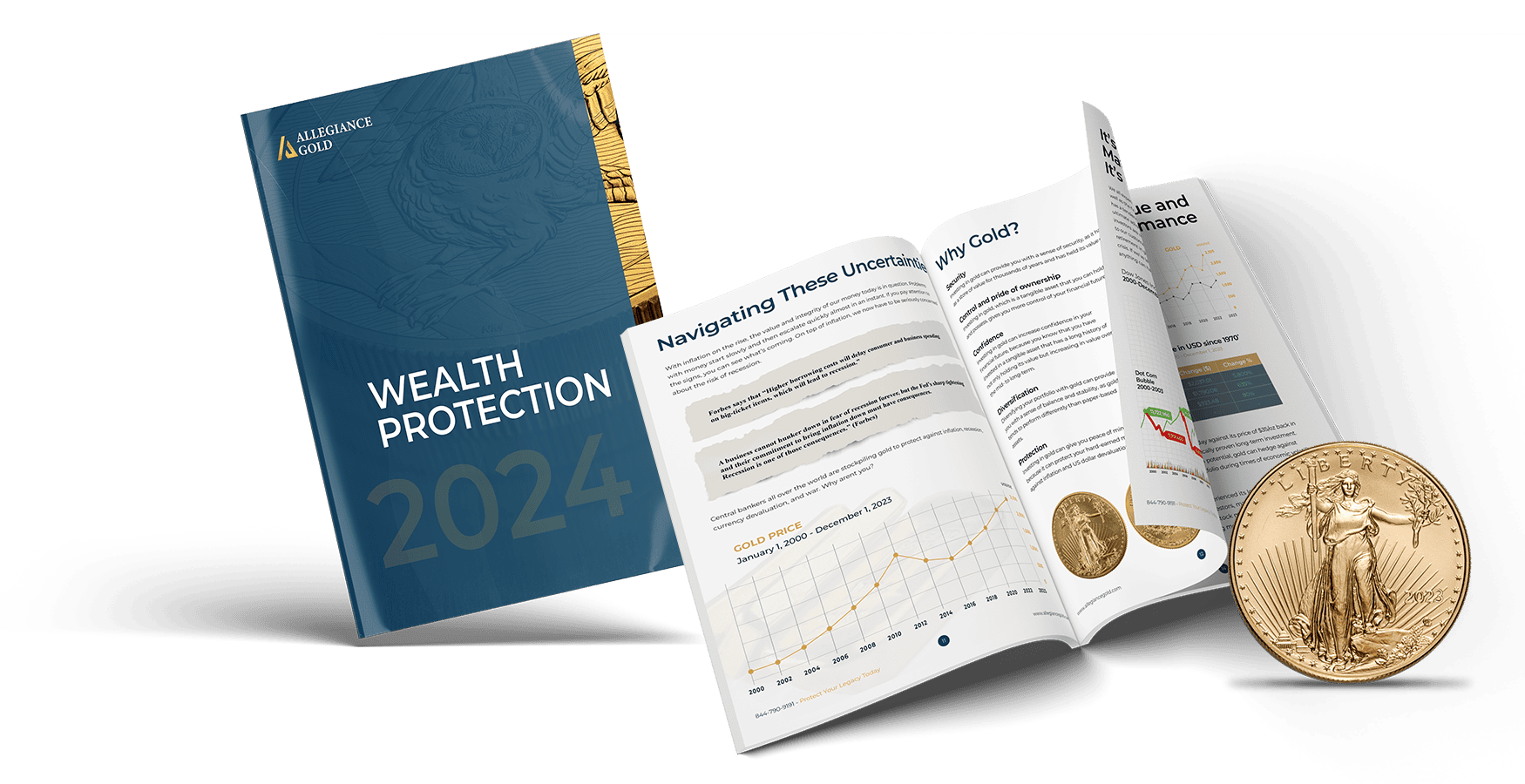In these times of economic instability, a bail-in is not a far fetch theory should we experience another bank collapse as we did in the last market crash.
There is an upcoming banking crisis with a record amount of bank loan defaults. It is your money that banks and financial institutions will use for either:
- Bail-outs – where you have to pay for it through future taxation, or
- Bail-ins – where you pay for it right now as the banks take some of your deposits
With the national debt skyrocketing beyond recovery point due to Covid-19, the creditworthiness of the U.S. is at risk and the government can’t afford to take on more debt without facing imminent insolvency and ultimately bankruptcy. The financial burden to stabilize the free-falling market is too great. As such, bail-ins of the looming bank and financial institution crisis is extremely likely to occur this time instead.
How Likely are Bail-ins to Happen?
A bail-in was first introduced in 2010, via an executive bill signed by President Obama as a direct result of bailing-out the 2008 “Too Big To Fail” banks and financial institutions.
A bail-ins is another form where banks and financial institutions are rescued and the responsibility is transferred from taxpayers (in the case of bail-out) to depositors, which is you. In other words, bail-ins will not add to the government’s deficit and it will allow banks and financial institutions at risk of failing to take some of your deposits to bail themselves out. A perfect scenario, where neither the government nor the too big to fail institutions bare any risk. It all falls on YOU “the depositor”.
Why Bail-ins and not Bail-outs?
To answer that question, simply because, the difference lies primarily in who bears the financial burden of rescuing the bank and in a bail-in it’s neither the government nor the bank…IT IS YOU!
How Will Your Money Be Used In a Bail-In?
While Bail-outs erode your buying power and further devalue the dollar, bail-ins risk your immediate deposits and funds. Either form of bailing has a significant negative impact on your financial well-being. Now more than ever it’s crucial to protect your hard-earned money and shield your wealth from government and bank interventions.
Covid-19 crippled our economy. The unemployment application surpassed 27 million in a matter of days with the U.S. Treasury forecasting 20% unemployment. The interest rates are near 0% for the first time in history, while the Fed just printed $3 Trillion dollars to buy treasury bonds and mortgage-backed securities further weakening the U.S. dollar. The banks are getting squeezed and the entire world is entering a period of enormous and unpredictable volatility.
Since your investment products such as stocks, mutual funds, bonds, annuities, life insurance policies, U.S Treasury bills and notes, municipal securities, and contents of safe deposits are not insured, the banks or financial institutions can use the money of its unsecured creditors, including depositors and bondholders, to restructure their capital so they can stay afloat. In effect, banks will be allowed to convert their liabilities into equity for the purpose of increasing their capital requirements, while the government, will not use taxpayer money to inject capital into failing banks.

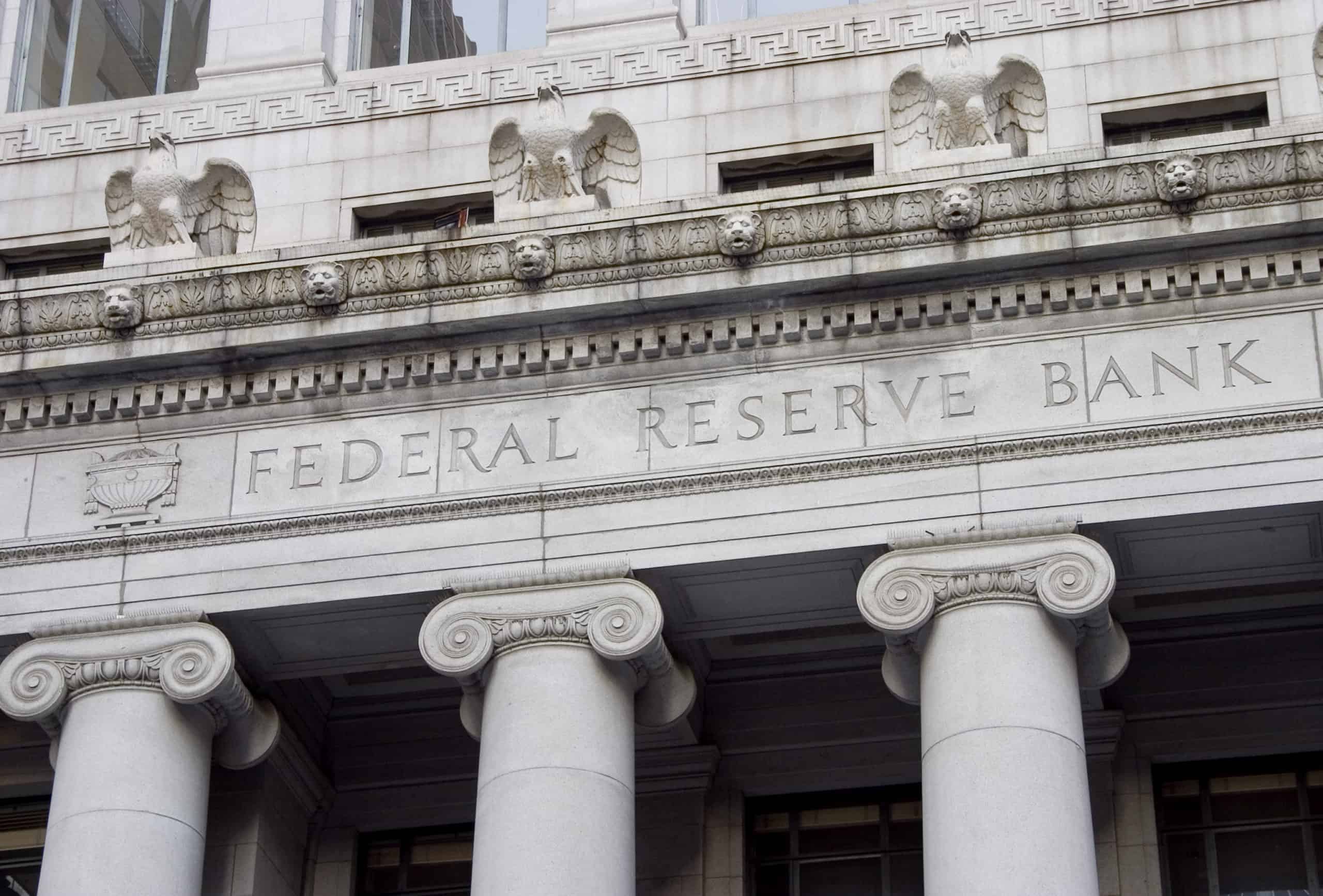
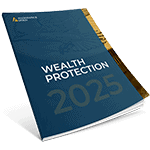
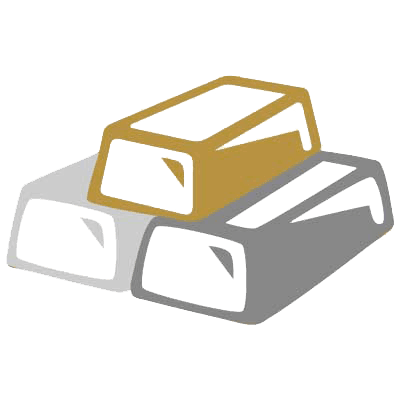 Custom Precious Metals IRA
Custom Precious Metals IRA Gold IRA
Gold IRA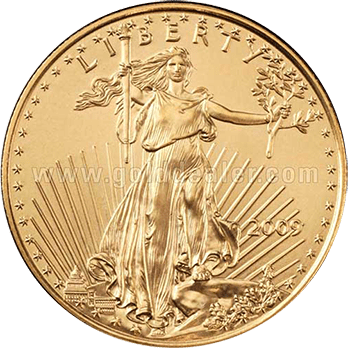 Gold Products
Gold Products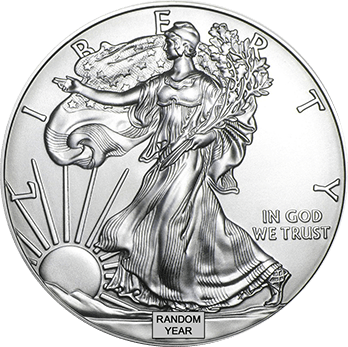 Silver Products
Silver Products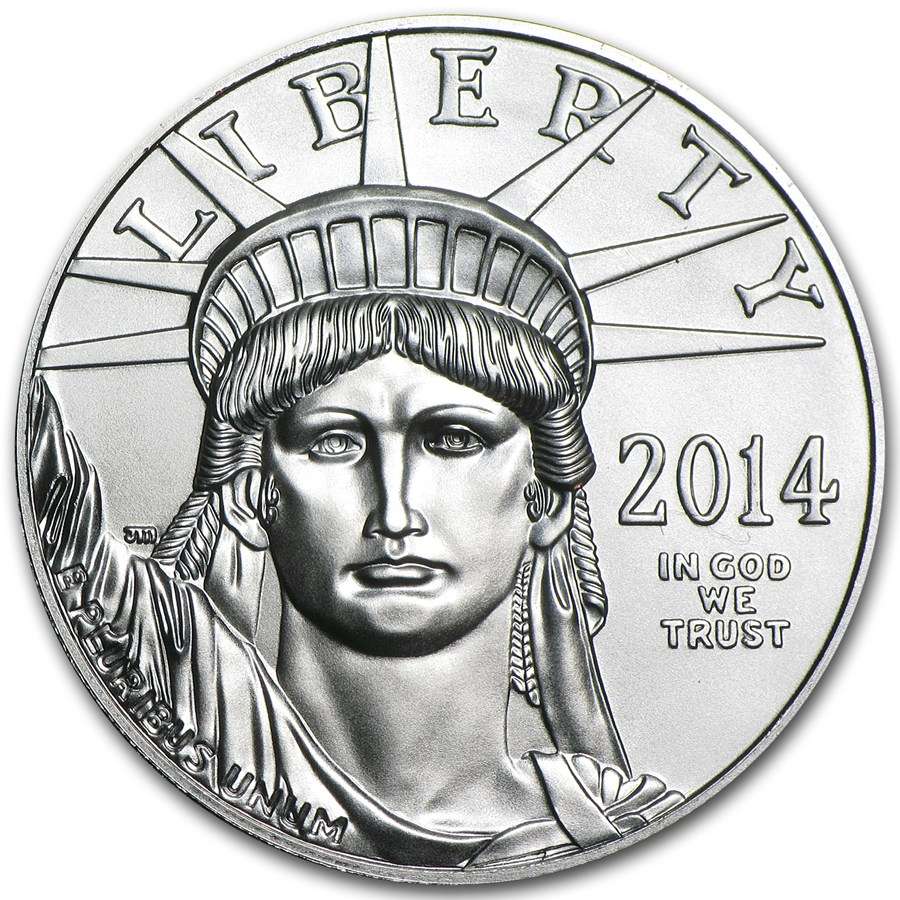 Platinum
Platinum